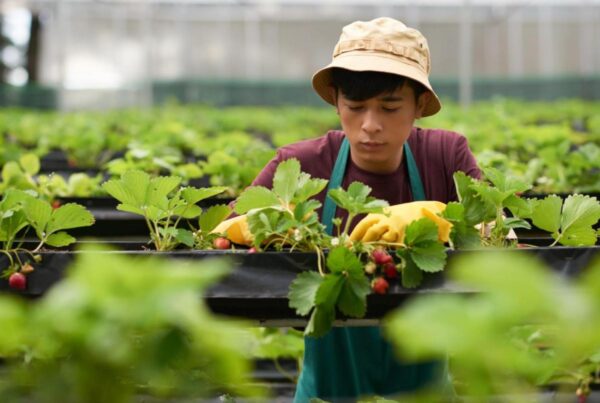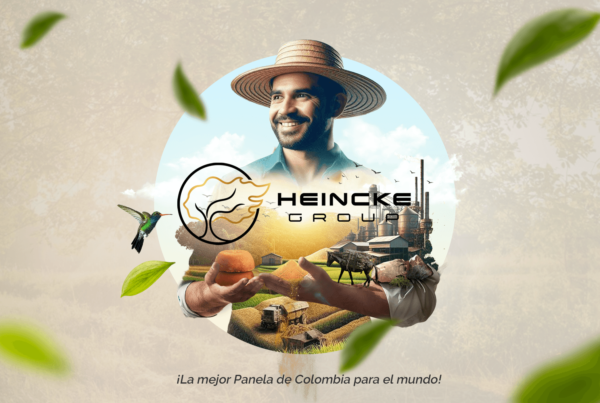A food system encompasses all the interconnected actors that generate value in the production chain, from the production, processing, distribution, consumption and disposal of food products that originate in agriculture, forestry or fishing.
The system can be considered sustainable if it does not affect the economic, social and environmental stability. This means that:
- It is economically profitable.
- It generates a lot of benefits for society.
- It has a neutral or positive impact on the environment.
The Sustainable Development Goals emphasize the need to make food systems sustainable. This can be seen in objective 2.4, which seeks to “ensure the sustainability of food production systems, implementing resilient agricultural practices that help preserve ecosystems and improve productive capacities.”
However, there is still a lack of initiatives, projects or policies that create a positive environment to achieve this goal, which is why holistic and concrete action plans, that have the 2030 Agenda at the heart of their progress, are required. In this way, the sustainability of food systems could be guaranteed, benefiting millions of people around the world.
Heincke recognizes that the food system’s revolution is a great challenge that requires international collaboration. However, it seeks to provide a solution through its business model, which generates triple impact production chains in agriculture, to benefit the economy, society and the environment. It is a small contribution to the achievement of objective 2.4, but it shows that the revolution is possible.
Source: https://www.fao.org/3/ca2079en/CA2079EN.pdf






